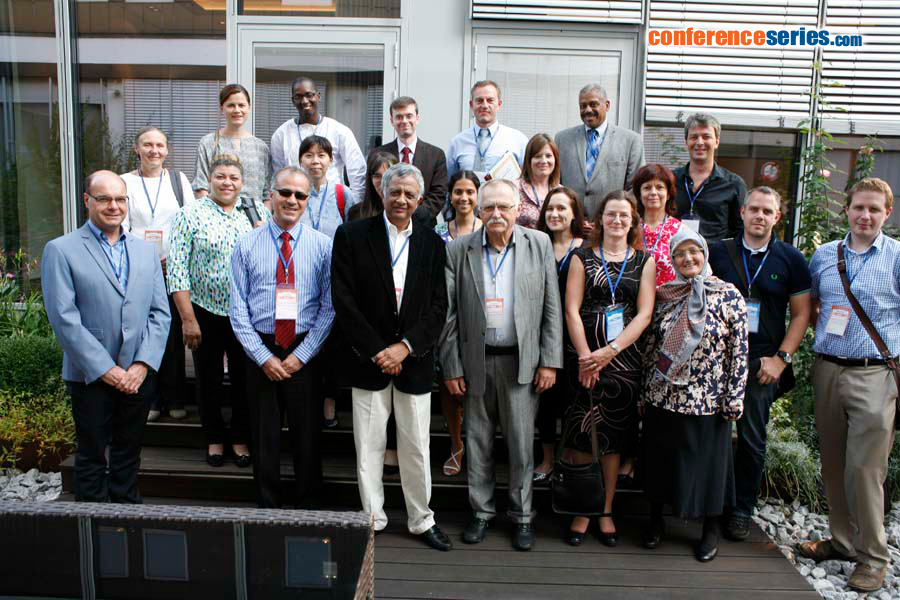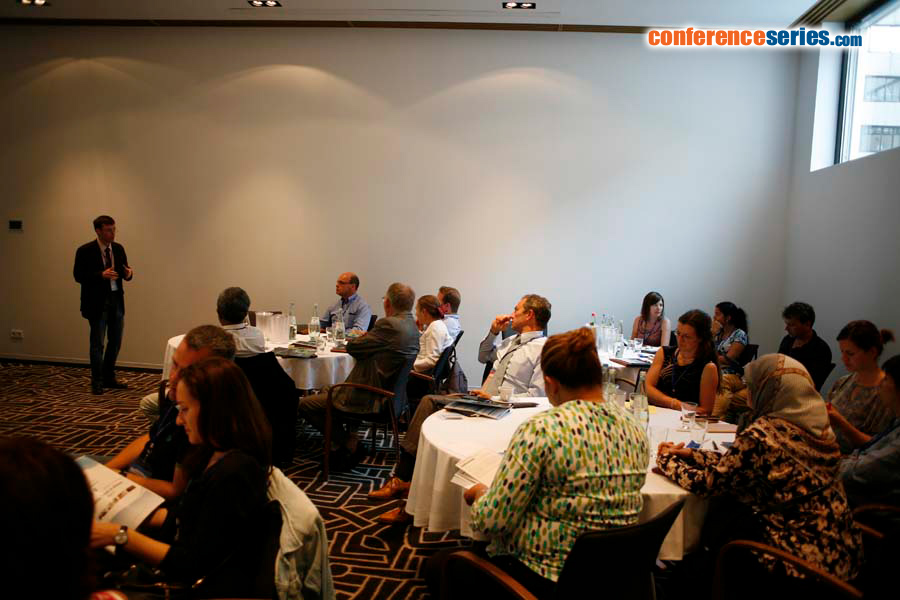
Sherwin Morgan
University of Chicago Medicine, USA
Title: Global recognition of influenza-like severe respiratory illness
Biography
Biography: Sherwin Morgan
Abstract
Clinical recognition of severe respiratory illness (SRI) is difficult. Influenza-like respiratory illness often masquerades as asthma, especially in patients with and without pre-morbid pulmonary disease. Because the initial differential diagnosis includes asthma, this can lead to treatment confusion and an underestimation for the primary cause for SRI. Viral bronchosplasm is difficult to ameliorate air-flow obstruction (AFO) with bronchodilator therapy that is refractory to beta-agonist and steroid therapy. This may lead to patients requiring supportive respiratory care. Viral SRI is now documented to come from multiple viral sources and appear in different packages. These viruses are high pathogenic and attack the bronchial wall structure causing hypercarbic respiratory failure. These viral infections are now documented as being the etiology of global epidemics and pandemics. In August 2014, there was an increase in SRI that was associated with Enterovirus EV-68 which was reported in 41 states across the United States. The Center for Disease and Control (CDC) received over 2600 samples, 36% positive for EV-68. Viral illnesses have a huge impact on global resources and finances. Clinical diagnoses via respiratory viral panel and chest radiography may be relevant. Newer treatment plans for SRI include the use of high flow nasal cannula (HFNC) and heliox. Failure to recognize SRI may lead to hypercarbic respiratory failure where the support therapy is ventilator, pruning, nitric oxide, ECMO. This can lead to complications such as; ARDS, kidney and other organ failure and severe acute respiratory syndrome. More study is needed to understand the relationship between SRI-AFO.




